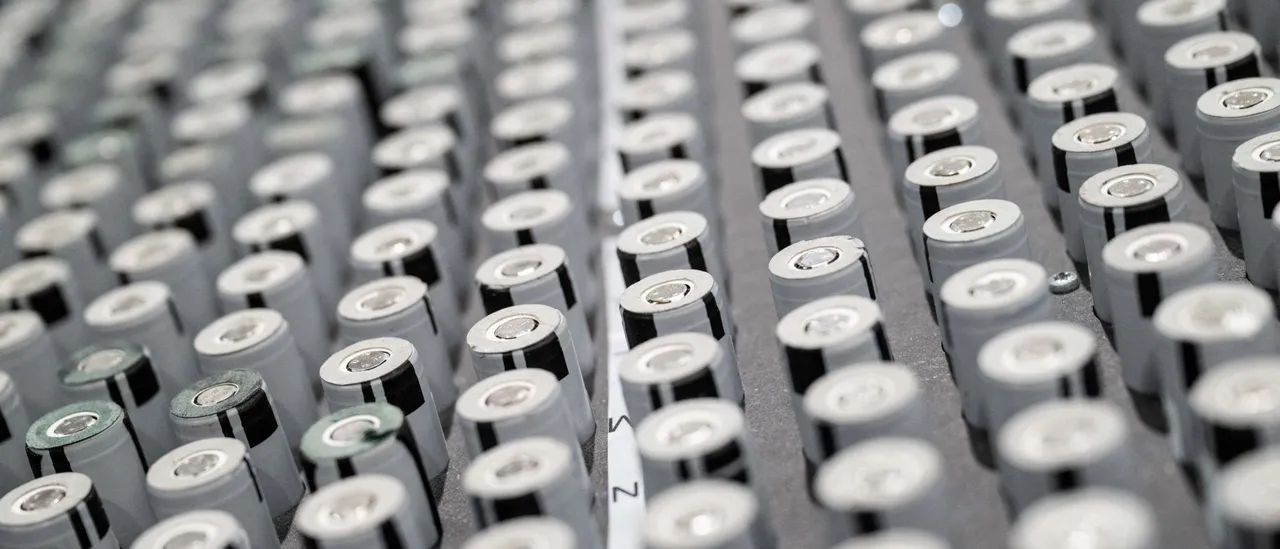A rising array of threats to the public and environment stemming from the boom in “green” energy technologies and the batteries they use means the time for virtue signaling by regulators and policymakers must come to an end.
In every boom time involving any type of energy source, governments at all levels inevitably find themselves behind the curve when it comes to developing an effective set of regulations designed to minimize impacts on the public and environment. In the early years of the 21st century, Americans witnessed this phenomenon play out during the oil and gas Shale Revolution, which saw its first success in the Barnett Shale region, located in the midst of the Dallas/Fort Worth Metroplex in north Texas.
For the first time in decades, oil and gas companies found themselves struggling to drill wells and install pipelines in and adjacent to highly populated areas, leading to an array of conflicts and tensions with the public that the pre-existing regulatory structure had not been designed to resolve. (RELATED: Big Tech’s ‘Misleading’ Green Energy Claims May Plunge Nation Into Blackouts, AGs Warn)
More recent years have given rise to the same societal dynamics related to boom times for the wind and solar industries. In state after state, governments have found their legacy regulations lacking when dealing with public concerns over major projects condemning large swaths of arable lands and wildlife habitats, the dumping of aged-out solar panels and wind blades in public landfills, traffic congestion, and other impacts.
Even today, 25 years into this heavily subsidized renewable energy expansion, few if any states have implemented proper regulations governing the dismantling and disposal of these often-gigantic industrial projects.
Similar concerns are now rising related to the dangers posed by lithium-ion batteries, whose use is rapidly expanding across the U.S. to power electric vehicles and provide backup for intermittent power generation provided by wind and solar.
The major threat from these rechargeable batteries is their tendency to overheat and spontaneously combust under certain conditions. This problem has resulted in a proliferation of photos and videos showing burning passenger and school buses, major conflagrations in large battery storage facilities, and burned-up commercial freight ships foundering and sinking into oceans around the world.
The Associated Press reported on October 4 about rising opposition from local communities to proposed installations of large stationary backup battery projects in or adjacent to their cities and towns. The report focused on Long Island, which could become home to an array of such installations to provide backup for multiple offshore wind projects in the coming years.
Industry proponents say these installations are perfectly safe, just as manufacturers of electric buses have assured city councils and school boards in recent years—only to see some of those buses erupt in flames while on their routes or in crowded bus barns, with predictable results.
But Michael McGinty, mayor of Island Park, is reluctant to assume the risk. “We’re not guinea pigs for anybody,” he said, expressing the concerns of many local residents.
—
*Wire service content is available without charge to any legitimate news publisher that can provide a large audience. All republished articles must include our logo, our reporter’s byline, and their DCNF affiliation. For any questions about our guidelines or partnering with us, please contact [email protected].*
https://dailycaller.com/2025/10/16/opinion-the-era-of-green-virtue-signaling-by-policymakers-must-end-david-blackmon/




